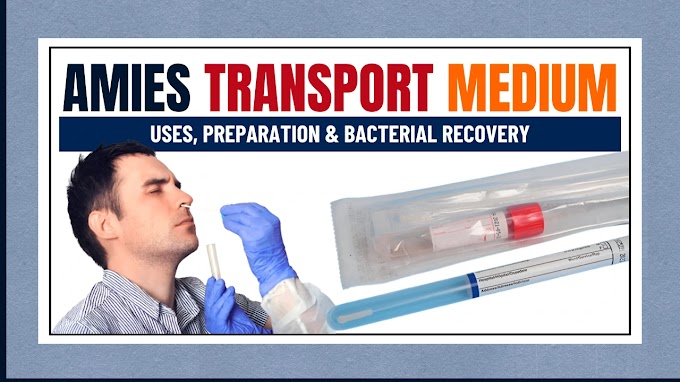A revolutionary stem-cell therapy has enabled a woman with type 1 diabetes to produce her own insulin, eliminating the need for injections. This first-of-its-kind case was conducted in China, where researchers reported that 75 days post-procedure, the patient no longer required external insulin. The therapy involved injecting stem-cell-derived islet cells, which successfully engrafted in her abdomen.
The Case Study Details
Researchers at Tianjin First Central Hospital and Nankai University, China, took fat cells from a 25-year-old woman with type 1 diabetes. Using chemical induction, the fat cells were transformed into pluripotent stem cells — cells capable of developing into different types of cells. These were then used to create insulin-producing islet cells, which were injected between the patient’s skin and abdominal muscles.
Islet cells normally exist in the pancreas and play a critical role in insulin production, which regulates blood glucose levels. Type 1 diabetes is an autoimmune condition where the body’s immune system destroys these islet cells, causing chronic high blood glucose and severe complications, including vascular, nerve, and kidney damage.
The patient, who previously had two liver transplants and a failed pancreas transplant, started producing insulin on her own two and a half months after the procedure. At the 1-year follow-up, she remained insulin-free.
Before the treatment, her insulin levels met target glycemic ranges 43.18% of the time; four months post-procedure, this rose dramatically to 96.2%. Additionally, lower glycated hemoglobin levels confirmed her glucose levels remained stable within a non-diabetic range.
Dr. Hongkui Deng, lead author of the study published in Cell, noted:
“The trial includes three patients. After analyzing the data from the first patient, the second and third participants were enrolled sequentially to comply with safety protocols. Long-term follow-up of at least two years is ongoing.”
Parallel Trials and Global Efforts
Other stem-cell therapies for type 1 and type 2 diabetes are under active investigation worldwide.
In June 2024, the pharmaceutical company Vertex presented results from its phase 1/2 clinical trial at the American Diabetes Association 84th Scientific Sessions. The trial involved 37 patients receiving stem-cell-derived insulin-producing islet cells.
Additionally, a 2021 Canadian study, published in Cell Reports Medicine, demonstrated the safety of engrafting insulin-producing stem-cell-derived pancreatic cells in 17 participants. The study's first author, Dr. James Shapiro, a professor of surgery at the University of Alberta, praised the Chinese team’s success:
“We’ve been making significant strides reversing diabetes in mice using human stem-cell-derived islets. The beauty of this approach lies in using the patient’s own cells, minimizing the risk of rejection and reducing the need for immunosuppressive medications. The Tianjin team’s results are truly groundbreaking.”
Future Challenges and Steps Forward
While the results mark a major milestone, challenges remain. Dr. Shapiro pointed out key issues:
- Scalability: Expanding and accelerating the process to treat more patients.
- Autoimmune Considerations: Determining if treatments can work long-term without immunosuppressive medications.
- Safety: Ensuring no unintended “off-target” cells are generated during therapy.
Dr. Deng emphasized similar concerns, noting the need for efficient, cost-effective production methods and appropriate immunomodulatory strategies to maximize the clinical benefits of stem-cell-derived islet transplantation.
Conclusion
This groundbreaking case marks a hopeful step toward a functional cure for type 1 diabetes. Continued research and collaboration aim to address the current challenges and bring stem-cell therapy closer to widespread clinical application.
Reference:
Flynn, H. (2024). Stem-cell therapy reverses type 1 diabetes in groundbreaking case study. Medical News Today. Retrieved from Medical News Today.



~1.webp)

.webp)

